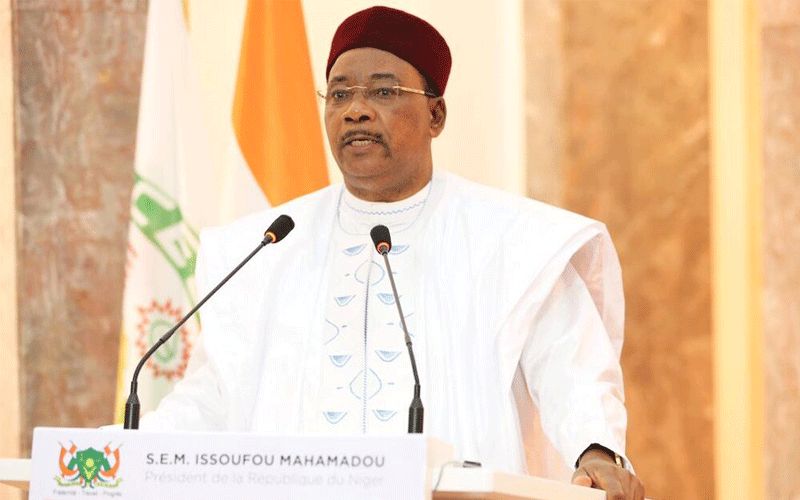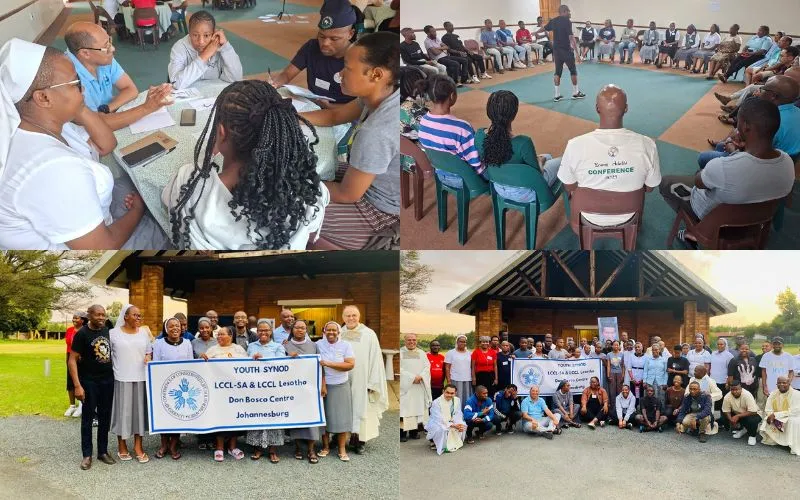Niamey, 31 March, 2020 / 7:01 am (ACI Africa).
With 22 confirmed cases of COVID-19 and three deaths recorded in Niger, a Society of African Missions (SMA) Priest ministering in the country has confirmed the fears of many critics of African countries that the global pandemic, which has claimed the lives of at least 37,780 people globally, will only worsen an already fragile health system in the landlocked west African nation.
“The pandemic adds fragility to an already fragile system,” Fr. Mauro Armanino told Vatican News.
“The health system is very fragile. There are some public hospitals, several private clinics and a reference hospital offered by China but it can be used only in particular cases,” Fr. Armanino said.
He added, “When you arrive at the emergency unit of the Niamey hospital, the capital, you have to have money to pay for medicines, gloves and all the products necessary for treatment, otherwise the person is abandoned at the entrance, is not seen or even considered. They die right there.”
The number of confirmed cases of COVID-19 infection in the country rose to 22, including three deaths, with four new cases having been confirmed Sunday, March 29, according to a press release from the Nigerien Ministry of Health.








